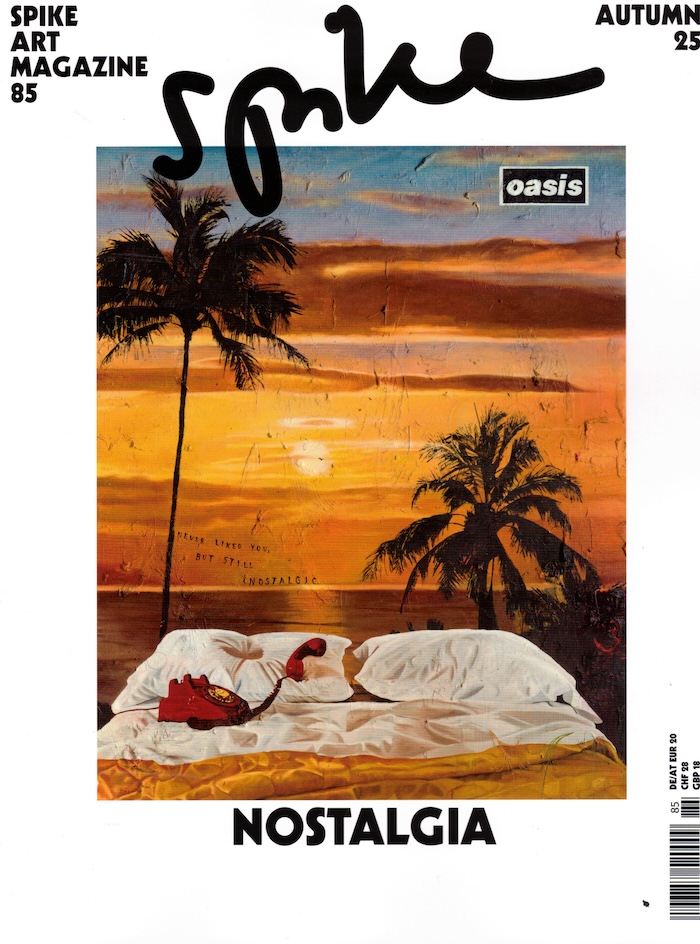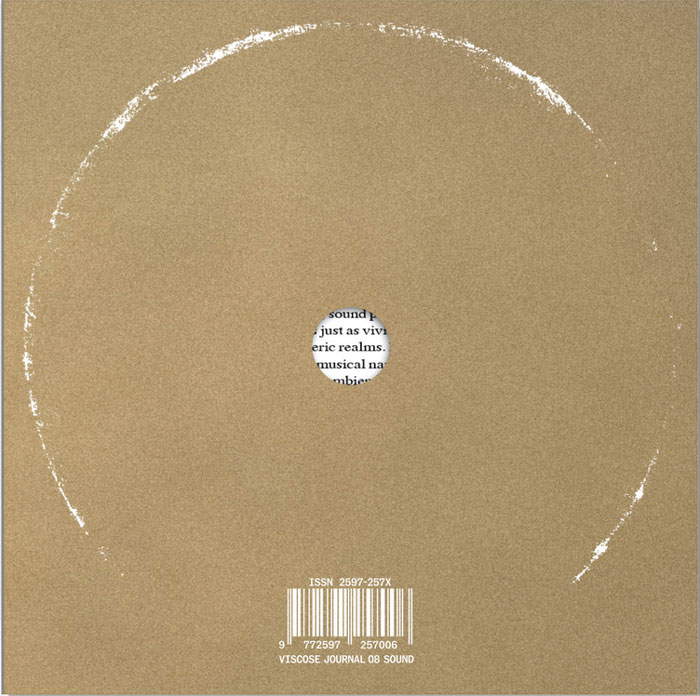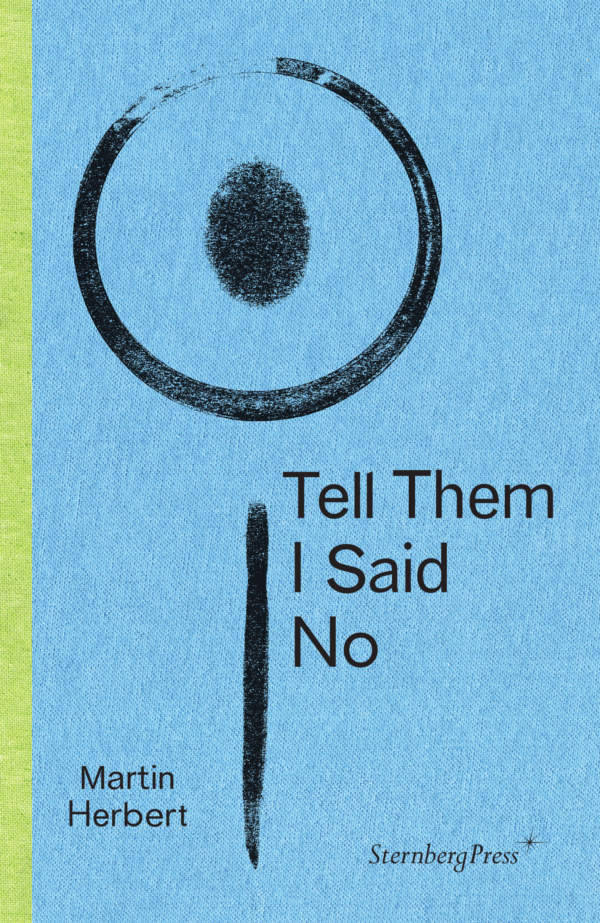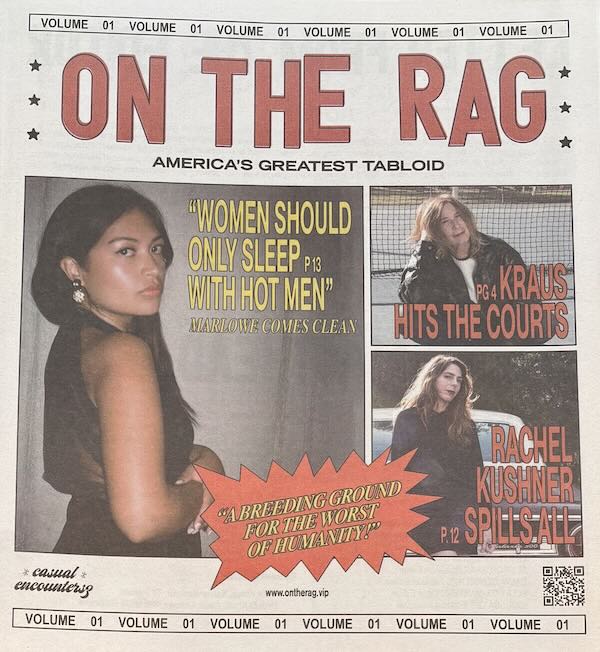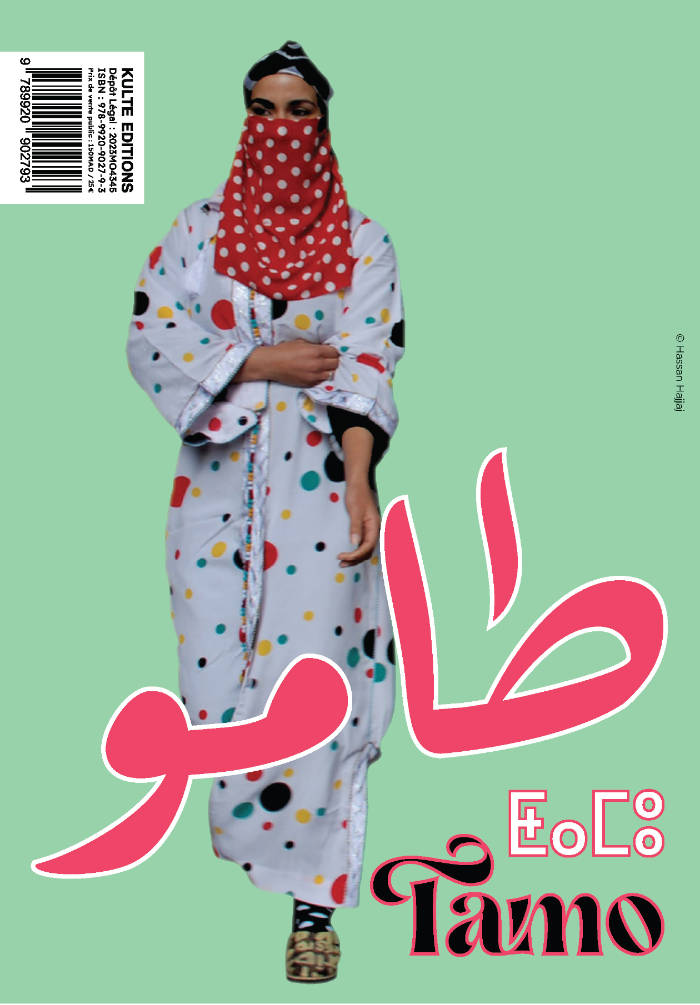
Spike #81/82 – The Post-Cool
Rita Vitorelli ed.
Spike is turning twenty with a special double issue. Featuring: Rita Vitorelli on 20 Years of Spike; Post-Cool Berlin; Whitney Mallett, What Happened to New York?; Love-Hate Vienna, with musician Bibiza, curator Frederike Sperling, gallerist Dawid Radziszewski, and theatre director Milo Rau; Rose Wylie, Forensic Architecture, Amalia Ulman, Martin Herbert, Brian Dillon, Jeppe Ugelvig, Alex Mackin Dolan, Benjamin Hirte, Martti Kalliala, Adina Glickstein, Ivo Dimchev, Maria Hassabi, Florian Malzacher, Jason Dodge, Travis Diehl, Tea Hačić-Vlahović; Best-of-Spike reprints by Chris Kraus, Bruce Hainley, Ella Plevin, Sean Monahan, Gavin Brown & Daniel Baumann; poster: "A Radically Condensed History of Life Under the Sign of Spike: 2004–24"...
What does it mean to do culture Post-Cool? Launching the same year as The Facebook (now an AI auto-spam singularity), Berghain (subject to boycott), and the first EP by Kanye West (need we say more?), how do we retrain the spotlight on art that deals productively with the world?
Spike is celebrating 20 years of bringing this same generosity to art with a special double issue. Cultural protagonists in Berlin, Vienna, and New York piece together momentous changes in Spike's home cities, while founding publisher Rita Vitorelli narrates running the mag as an artist to Dean Kissick, underscored by reprints of seminal essays by the likes of Chris Kraus and Bruce Hainley. Further highlights are Taylor Swift as a millennial paracetamol; Silicon Valley optimizing the body for forever; video games as escapeways back into reality; and white-cube presentations of handicrafts, slot machines, and the choreographic turn.
Plus! A poster timeline of art's defining moments since 2004
Language: English
